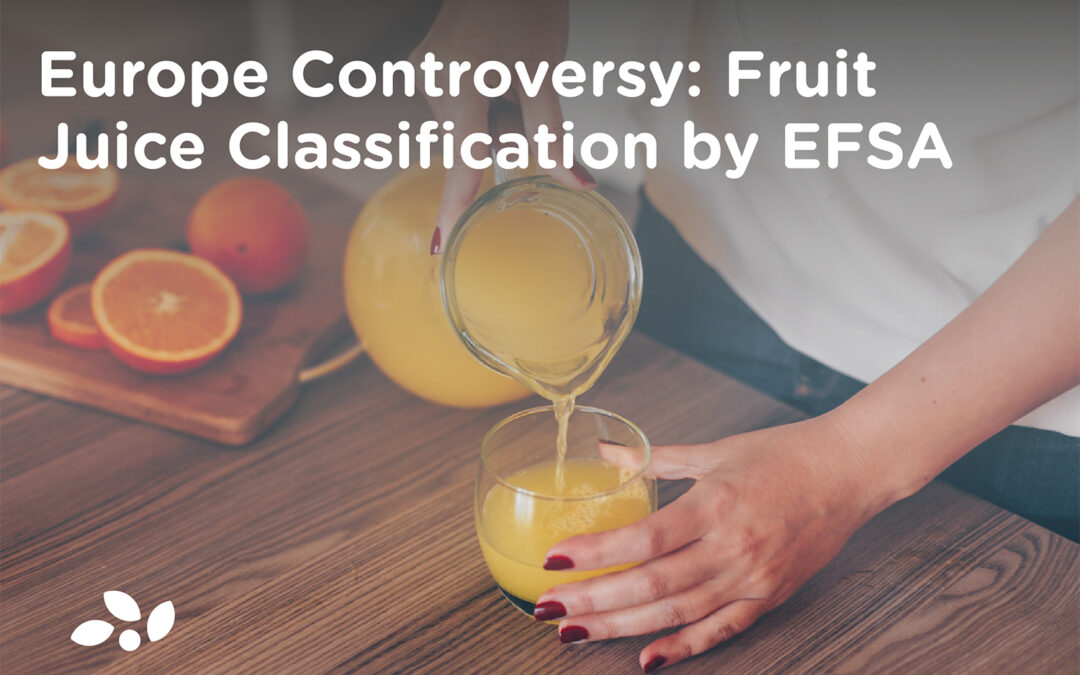The classification of fruit juice by the European Food Safety Authority (EFSA) has sparked debate within the scientific community and the food industry. In its 2022 EFSA linked fruit juice consumption to an increased risk of developing type 2 diabetes and weight gain.
The controversy starts on EFSA’s conclusions, which do not clearly differentiate between 100% natural fruit juices and other sugary beverages. This has led scientists and industry representatives to question EFSA’s methodology and findings, arguing that fruit juices, when consumed in moderation, can be part of a healthy diet and offer significant nutritional benefits. These products contain vitamins, minerals, and antioxidants not found in processed sugary drinks. Additionally, they point out that the studies used by EFSA for their evaluation did not adequately consider these benefits and did not distinguish between different types of juices and their health effects.
On the other hand, current European regulations on fruit juices, according to the Code of Practice by the European Fruit Juice Association (AIJN), establish strict parameters to ensure the quality and authenticity of juices. These regulations include prohibitions on adding sugar to fruit juices and clear definitions of what constitutes juice from concentrate and not from concentrate.
The discussion highlights the need for a more nuanced and evidence-based approach to evaluate the health effects of fruit juice. Scientists and the food industry continue to advocate for more specific research that can distinguish between different types of products and their respective health impacts.
